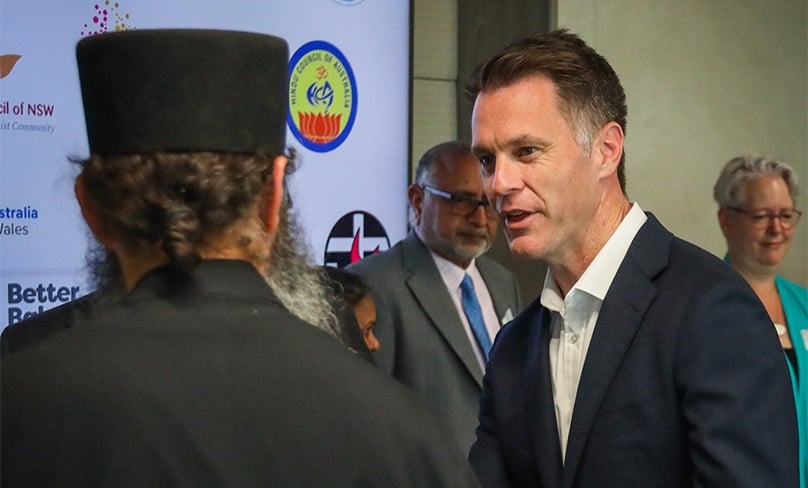
It’s Groundhog Day. Again. This past week, it was announced that the NSW Law Reform Commission would conduct an inquiry into the NSW Anti-Discrimination Act. The inquiry was one of Labor’s election promises so the announcement was expected, but it really does feel like we are in a permanent state of reviews and debates over anti-discrimination law.
This review is especially important for two reasons. First, it is still lawful in NSW to deny a person goods or services because of their religion. You are not allowed to discriminate against someone because of race, age, ability, sex, sexual orientation, gender identity and more, but believers are fair game. Countless inquiries have recommended this be changed but successive governments have failed to act.
Second, the Anti-Discrimination Act is what allows our institutions to run as they do: it is this piece of legislation that allows us to preference Catholic students in Catholic schools and to ensure those who lead and work in our chanceries, education, health and welfare agencies are committed to the Catholic ethos. A review of our anti-discrimination laws could see these rights—which we sometimes take for granted or even give up voluntarily—limited or taken away.
The review is not yet accepting submissions and there is no date for its final report, but its terms of reference, released last week, give us some indication of where it might be headed. Unsurprisingly, there is cause for concern. Of the 13 areas that the Law Reform Commission has been asked to consider, four stand out as particularly problematic.
The first item is “whether the Act could be modernised and simplified to better promote the equal enjoyment of rights and reflect contemporary community standards.” The reference to “contemporary community standards” is highly problematic. Anti-discrimination laws are designed to protect against discrimination regardless of “contemporary community standards.” Indeed, they are supposed to protect what and who is marginalised by current community standards; that’s why they exist. It’s hard to see this first item as anything other than signaling the intention to limit religious rights in favour of those more acceptable in 2023.
The next item of concern is “whether the existing tests for discrimination are clear, inclusive and reflect modern understandings of discrimination.” The pointer to “modern understandings of discrimination” suffers from the same problem as I’ve outlined above. And does anyone really want the commission to apply an “inclusiveness” test?
The next problem is that the commission will be asked to look at “whether the Act should include positive obligations to prevent harassment, discrimination and vilification.” While this sounds benign and can be done well, it also opens the door for institutions to have to act against their ethos (eg, it could be suggested that the so-called “Safe Schools” program or something similar be reintroduced to schools as a “positive obligation to prevent harassment, discrimination and vilification.”) It is certainly one to watch out for.
Finally, and expectedly, the Law Reform Commission will consider “exceptions, special measures and exemption processes,” which is really just code for “can we take away existing religious freedoms?”
The next we will know about what the NSW Law Reform Commission is considering is when they release an initial consultation paper. This will be followed by a call for public submissions, face-to-face consultations and a final report, including recommendations. Whatever that process, the real decision-makers will not be the commission but the NSW Government, because the commission’s recommendations only have effect if they are made law.
It will be the first real test of the Minns Labor Government of its commitment to protecting freedom of religious belief in the state with the highest number of religious believers in the country. Your local state MP, more than the Law Reform Commission, should be hearing from you during this process. As more information comes to light, The Catholic Weekly will keep you updated as to what is happening and how you can speak up for your rights.
